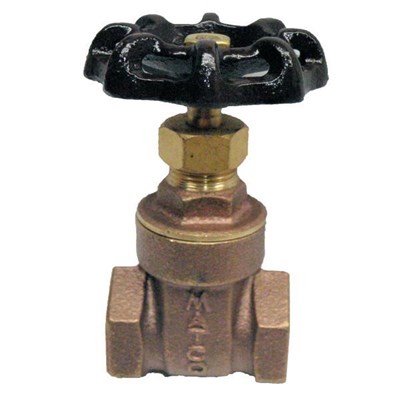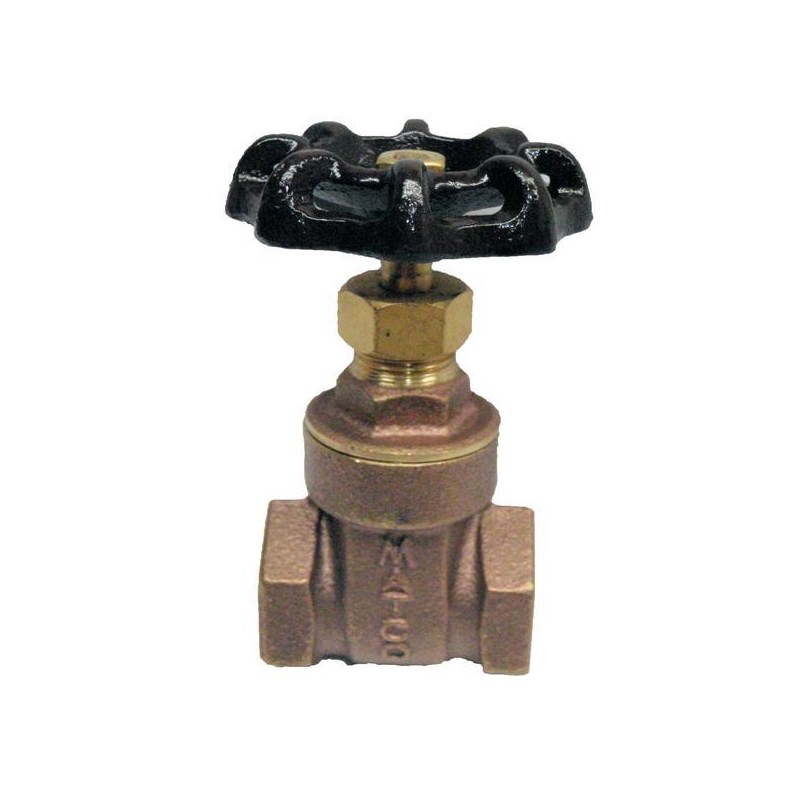ProTool Valve for RO Water Bypass 1/2in FPT
Quick Overview
- Allow water to Flow in the Open position for 1 to 2 minutes at the end of each use the an RO system.
- The RO Bypass Valve has two operating modes, Flush (open the gate) and Production (Closed Gate with small water Flow)
- Used on the output of an the Bypass water from an RO Membrane, the restriction hole allows water to trickle out at the same time it creates pressure on the RO Membrane
Show More
$12.95
$15.05
Spare Part for:
Gate Valve for RO Water Bypass Pro
The RO Bypass Valve has two operating modes.
When the Gate Valve is Closed The RO System is "in Production" and the water pressure is applied to the membranes with a small mount of water flow passing through the 1mm hole to allow for brine accumulation to be released.
When the Valve is Open then water will flow freely on the dirty side of the RO Membrane and this will help to wash out any accumulated calcium and magnesium deposits from the RO Membrane..
Allow water to Flow in the Open position for 1 to 2 minutes at the end of each use the an RO system.

Proposition 65 requires businesses to provide warnings to Californians about significant exposures to chemicals that cause cancer, birth defects or other reproductive harm. These chemicals can be in the products that Californians purchase, in their homes or workplaces, or that are released into the environment. By requiring that this information be provided, Proposition 65 enables Californians to make informed decisions about their exposures to these chemicals. Proposition 65 also prohibits California businesses from knowingly discharging significant amounts of listed chemicals into sources of drinking water. Proposition 65 requires California to publish a list of chemicals known to cause cancer, birth defects or other reproductive harm. This list, which must be updated at least once a year, has grown to include approximately 900 chemicals since it was first published in 1987. Proposition 65 became law in November 1986, when California voters approved it by a 63-37 percent margin. The official name of Proposition 65 is the Safe Drinking Water and Toxic Enforcement Act of 1986.
The list of chemicals contains a wide range of naturally occurring and synthetic chemicals that include additives or ingredients in pesticides, common household products, food, drugs, dyes, or solvents. Listed chemicals may also be used in manufacturing and construction, or they may be byproducts of chemical processes, such as motor vehicle exhaust. For more information visit www.p65warnings.ca.gov/





.png?h=90&w=90)
